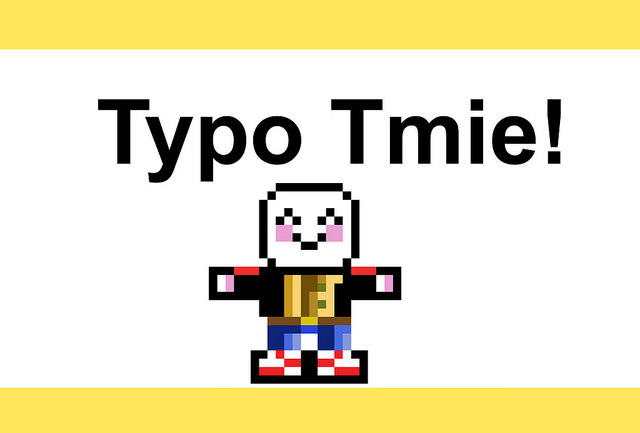- 3-minute read
- 19th June 2017
6 Tips on Writing a Personal Statement
When applying to university, you might be asked to write a personal statement. This is where you can sell yourself as a person and student, adding something to your application that grades alone can’t match. But how should you write a personal statement? Let us explain.
1. Check the Instructions
When applying to a course, the university should set out what they want from your personal statement. In some cases, it will simply be an overview of what you will bring to the university as a student. But in others, they will want to you answer specific questions.
So whatever course you’re applying to study, make sure to check what they want!
2. Make It Personal
Your personal statement should cover the kind of things that don’t come across in a list of qualifications (it is a ‘personal’ statement, after all).
As well as academic achievements, you might want to mention hobbies or work experience relevant to the course you’re applying for. You could also give examples of times that you’ve overcome challenges to show that you’re a determined or hard-working person.

3. Keep Focused!
While writing about personal experiences is good, make sure they’re relevant to your application. Sure, you’re an outstanding skateboarder, but is that relevant to the business studies course you want to study on? If not, then you can leave it out.
If you’re not sure what to include, do some research on the course. This should give you a better sense of what it involves and what you should emphasise in your personal statement.
Find this useful?
Subscribe to our newsletter and get writing tips from our editors straight to your inbox.
4. Write Too Much (Then Edit)
Most personal statements will have a word limit, but this doesn’t mean you should stop typing as soon as you hit the maximum allowed.

(Photo: CurtisMmedia)
Instead, ignore the word limit entirely while you write your first draft. Focus on getting all the relevant information in there. Once you’ve done this, you can edit your statement to get it under the word limit, but without missing any important details.
5. Think Longer Term
You might not be sure what you want to do in the future, but planning ahead looks great in a personal statement. Consider how the course you’re applying to might fit into your career or lead to further studies, then work this into your statement.
And don’t worry: nobody is going to force you to stick to the plans you set out in your personal statement! It’s just to demonstrate that you’ve thought about life after university.
6. Proofread It!
Proofreading your personal statement is essential, since typos or other errors will make it look like you don’t care about your application. And if you’re not confident about proofreading your own work, you can always give our free sample service a go!

(Image: Surian Soosay/flickr)